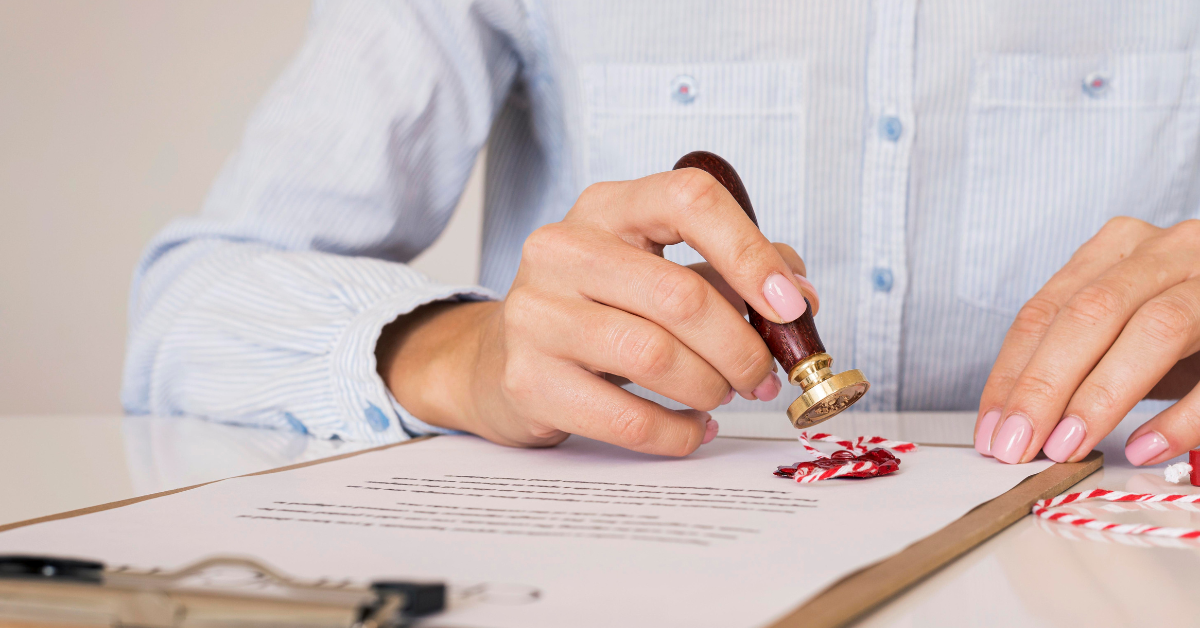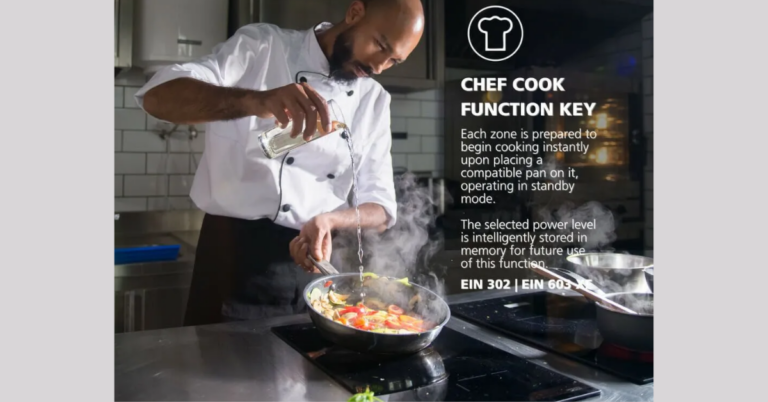How Much Should I Tip a Mobile Notary?
Tipping etiquette can be confusing, especially when it comes to specialized professionals like a Mobile Notary who brings essential services to your location. Unlike servers or hairdressers, notaries often charge flat fees regulated by state laws, which cover their basic services. However, when they go above and beyond—driving long distances, accommodating last-minute requests, or working in unusual settings—it’s courteous to acknowledge their extra effort with a gratuity. In this guide, we’ll explore the factors you should consider when deciding on a tip, common industry norms, and scenarios where a tip is especially appreciated.
Determining a baseline for tipping starts with understanding what a Hospital Notary Service entails. In medical settings, notaries often navigate strict privacy regulations and unpredictable schedules—sometimes arriving on short notice when families need urgent documentation for treatment or consent forms. If your notary waits for hours in a waiting room or responds to an emergency call from a hospital ward, tipping 10–20% of their base fee (or a minimum of $10–$20) demonstrates gratitude for accommodating sensitive health-related matters.
When dealing with correctional facilities, a Jail Notary Service requires notaries to comply with stringent security protocols and limited visitation windows. The time and effort to gain clearance, navigate bureaucratic procedures, and ensure documents are correctly notarized under restrictive conditions justify an additional tip. In these cases, consider offering $15–$25 above the standard notary fee to offset travel delays and administrative hurdles.
Urgency often demands premium attention. For instance, if you’ve requested Emergency Notary Services late at night or during weekends, your notary may have canceled personal plans or taken on extra driving time. A tip of $20–$30 acknowledges the inconvenience and ensures they’re available for truly time-sensitive matters. This not only shows respect for their flexibility but also builds goodwill for future emergency needs.
Traveling to less accessible locations, such as airport terminals, elevates the value of Airport Notary Services. Airports involve parking fees, longer security lines, and strict identification checks. When your notary patiently waits through these procedures, tipping $15–$25 on top of their travel or service fee compensates them fairly for navigating the complexities of busy terminals.
Why Tipping a Notary Matters
Beyond the immediate act of showing appreciation, tipping fosters a professional relationship built on respect and mutual trust. Notaries who receive gratuities are often more willing to accommodate special requests, such as last-minute scheduling changes, extended waiting periods, or follow-up visits. Even though most notaries cannot legally offer discounted fees in exchange for tips, a reasonable gratuity can encourage prompt, attentive service and prioritize your needs over other clients.
Acknowledging Professionalism
A professional notary brings expertise in identity verification, accurate record-keeping, and adherence to state regulations. When a notary goes the extra mile—whether double-checking complex documents, providing clear explanations, or ensuring every signature meets legal standards—a tip is a tangible way to recognize their diligence. Standard fees cover the basics; a tip rewards exceptional attention to detail and minimizes the risk of costly errors down the road.
Covering Travel and Time
Many notaries calculate their fees based on an average travel radius. If you live outside their usual service area, they might charge a travel surcharge. Tipping in these situations goes beyond the surcharge, acknowledging unexpected traffic delays, extended parking searches, and the opportunity cost of taking on a distant appointment. Even a modest tip of $5–$10 above standard travel fees can communicate genuine appreciation for their willingness to come to you.
Determining the Right Tip Amount
There’s no one-size-fits-all tip percentage for notarial services. Start with 10% of the notary fee for routine appointments that occur within normal business hours. Increase that to 15–20% for after-hours, weekend, or holiday appointments. If state law caps notary fees (common in many jurisdictions), consider a flat dollar amount—typically $10–$25—based on the effort required rather than a percentage.
Adjusting for Special Services
Complex services—such as witnessing loan signings, certifying copies, or handling multi-page legal affidavits—demand more time and expertise. If the notary helps coordinate multiple signers, explains unfamiliar clauses, or works under tight deadlines, tipping $20 or more is appropriate. For repeat engagements, tipping consistently encourages reliability and can sometimes lead to waived travel fees or priority scheduling.
Beyond Cash: Alternative Tokens of Appreciation
If tipping cash isn’t feasible or customary in your region, consider other gestures of appreciation. A handwritten thank-you note, a positive online review, or referring friends and family can be as valuable as a monetary tip. Providing cold bottled water, coffee, or snacks—especially during long waits—also demonstrates thoughtfulness and respect for the notary’s time.
Cultural and Regional Norms
Tipping practices vary across regions and countries. In some areas, tipping professional service providers is uncommon or even frowned upon. Always research local customs before offering a gratuity. If in doubt, a simple “Thank you” and a positive referral can convey your gratitude without crossing cultural boundaries.
When Not to Tip
If your notary explicitly states they do not accept tips or if your state prohibits any fees beyond the regulated amount, respect those guidelines. In such cases, express appreciation verbally, through a thank-you card, or by posting a glowing online review. Overstepping legal or personal boundaries can create awkwardness and potential compliance issues.
Building a Long-Term Relationship
Regularly utilizing a dependable notary—whether for personal documents, business contracts, or estate planning—can simplify future transactions. Tipping appropriately cements a positive relationship, making it easier to secure quick appointments during busy periods. Inclusive of services like Mobile Notary, Hospital Notary Service, Jail Notary Service, Emergency Notary Services, and Airport Notary Services, a reputation for fair tipping encourages notaries to prioritize your needs.
Final Takeaways
Tipping a notary is a thoughtful way to acknowledge extra effort, specialized settings, and time-sensitive requests. While standard state-regulated fees cover core services, an additional gratuity—typically 10–20% or a flat $10–$30—demonstrates genuine appreciation. Tailor your tip based on travel distance, urgency, and complexity. And when tipping isn’t appropriate, small gestures or referrals can still convey gratitude and pave the way for a dependable professional partnership.







